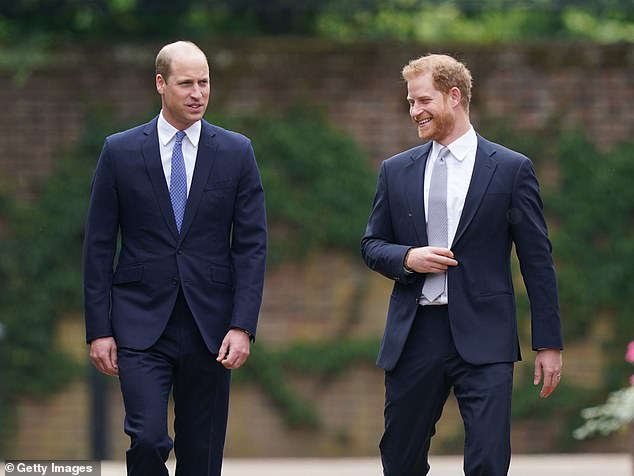JAKARTA, Indonesia — Widespread opposition to Russia’s invasion of Ukraine demonstrates the strength of a unified response against human rights abuses, and there are signs that power is shifting as people take to the streets to demonstrate their dissatisfaction in Iran, China and elsewhere, a leading rights group said, Thursday.
A “litany of human rights crises” emerged, in 2022, but the year also presented new opportunities to strengthen protections against violations, Human Rights Watch said in its annual world report on human rights conditions in more than 100 countries and territories.
“After years of piecemeal and often half-hearted efforts on behalf of civilians under threat in places including Yemen, Afghanistan and South Sudan, the world’s mobilization around Ukraine reminds us of the extraordinary potential when governments realize their human rights responsibilities on a global scale,” the group’s acting executive director, Tirana Hassan, said in the preface to the 712-page report.
“All governments should bring the same spirit of solidarity to the multitude of human rights crises around the globe, and not just when it suits their interests,” she said.
Following Russia’s invasion of Ukraine, a broad group of nations imposed wide-ranging sanctions while rallying to Kyiv’s support, while the United Nations Human Rights Council and the International Criminal Court both opened investigations into abuses, HRW said.
Countries now need to ask themselves what might have happened if they had taken such measures after Russia’s annexation of Crimea, in 2014, or applied the lessons elsewhere, like Ethiopia, where two years of armed conflict has contributed to one of the world’s worst humanitarian crises, Hassan said.
“Governments and the UN have condemned the summary killings, widespread sexual violence and pillage, but have done little else,” she said of the situation in Ethiopia, where Tigray forces signed an agreement with the government late last year in hope of ending the conflict.
The New York-based organization highlighted the demonstrations in Iran that erupted, in mid-September, when Mahsa Amini died after being arrested by the country’s morality police for allegedly violating the Islamic Republic’s strict dress code, as well as protests in Sri Lanka that forced the government of President Gotabaya Rajapaksa to resign, and the democratic election in Brazil of President Luiz Inácio Lula da Silva over far-right Jair Bolsonaro.
“Courageous people time and again still take extraordinary risks to take to the streets, even in places like Afghanistan and China, to stand up for their rights,” HRW’s Asia director Elaine Pearson told reporters at the report’s launch in Jakarta.
In China, Human Rights Watch said the UN and others’ increased focus on the treatment of Uyghurs and Turkic Muslims in the Xinjiang region has “put Beijing on the defensive” internationally, while domestic protests against the government’s “zero-COVID” strategy also included broader criticism of President Xi Jinping’s rule.
As many Western governments turn away from China on trade toward India, however, Pearson admonished them not to ignore Prime Minister Narendra Modi’s own human rights record.
“India, under Prime Minister Modi, has also seen very similar abuses, the systematic discrimination against religious minorities, especially Muslims, the stifling of political dissent, the use of technology to suppress free expression and tighten its grip on power.”






